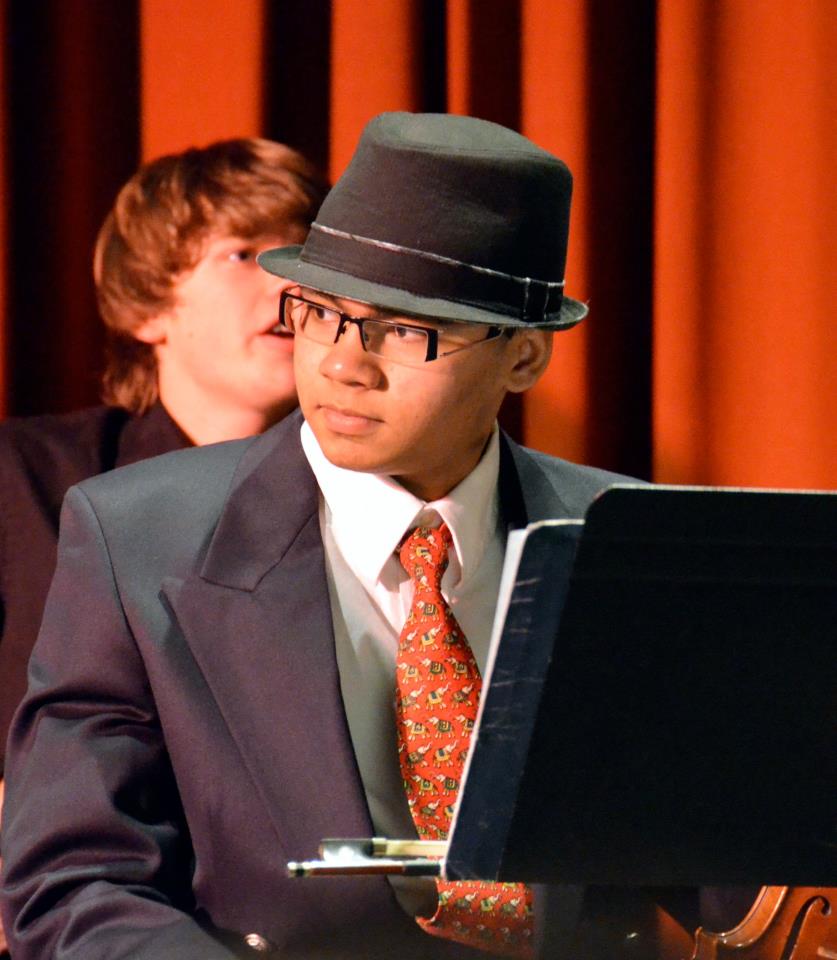Contribute
| An Incorrect Take On Indian Classical Music |
Ajey Pandey
04/08/2013
I would consider myself a music enthusiast in almost every sense. I listen to piles of music. I have played the violin for years. I even write, compose, and produce my own music.
However, my music experience is very much based in Western styles. I listen not to ghazals but to electronic tracks. I play not Hindustani or Carnatic music, but Western classical pieces. I compose not with talas or ragas, but with swing eighths and breakbeats.
But with music, there is always more to learn, and when my mother offered to take me to an Indian classical concert from LearnQuest last Saturday, I gleefully tagged along, with the hopes of learning about a style of music which I knew almost nothing about.
I watched the Malladi brothers and Ustad Shahid Parvez Khan on Saturday, taking in the sounds and melodies and atmosphere of the performances, endeavoring to learn how the instruments worked, how the melodies were formed, how the form showed itself. I had walked in mostly clueless, but I intended to at least learn something.
It was quite interesting. Hearing the Malladi brothers, I got acquainted with Carnatic music, as if walking through a dim room, vaguely noticing the melodies, unisons, and talent reverberating around the hall.
With Ustad Parvez, I started to notice more of the music playing. I witnessed the great dynamic range of his performance. I took in the sheer power of the resonances unique to the sitar. I was pulled by the emotion of his playing and I concluded that the sitar has no real equivalent in Western music, no instrument with such complexity of sound.
But between my lack of exposure and how late it was, I still didn't really know what was going on.
Then on Sunday, I heard Dr. M. Balamuralikrishna - and everything started to come together. I was blown away by his range of dynamic and pitch. I began to hear how the melodies flowed in and out. I realized for the first time that a good part of the performance was improvised.
Indian classical music is not as foreign as I thought. It has much in common with jazz - the syncopated rhythms, the basis around melody, the emphasis on solos and improvisation.
I would love to learn more about the melodies and theory of classical Indian music - but not for its "normal" use. No, I want to learn a new style of music so that I can mix it with the styles I already know. I want to throw Hindustani vocals into an electro house song, because music is not only about remembering past innovations. Music is about borrowing ideas both old and new, mixing them together, and creating something no one has heard before.
You may also access this article through our web-site http://www.lokvani.com/
